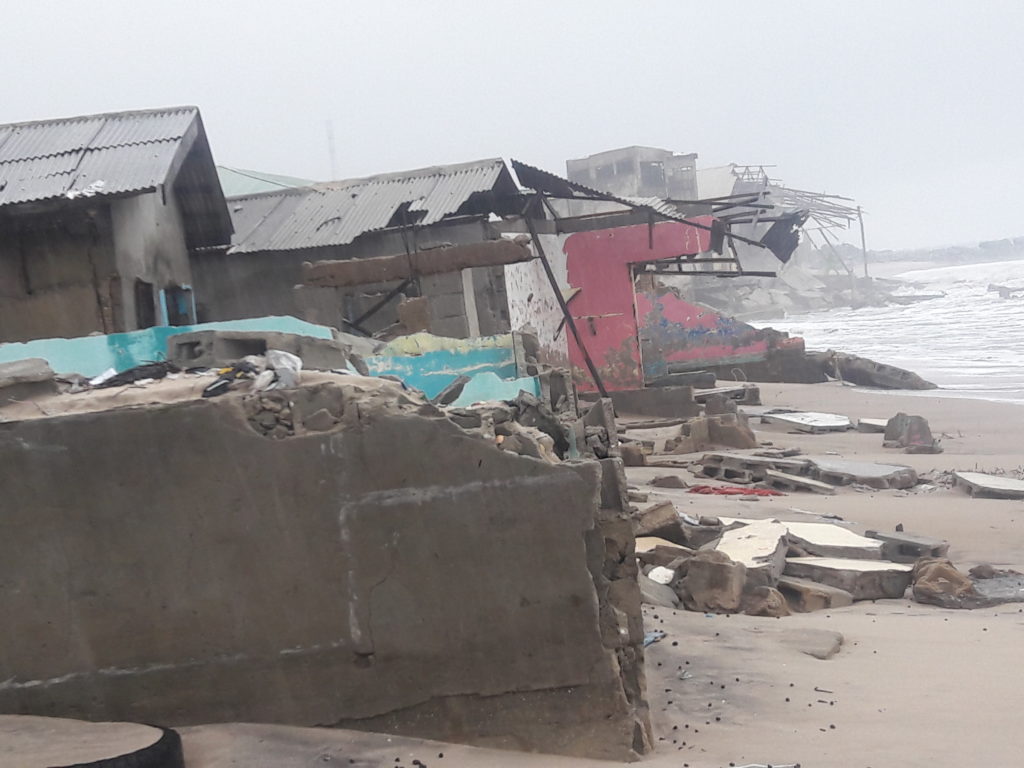The Corporate Accountability and Public Participation (CAPPA) has launched a four-country report titled “Impact of Climate Change on Frontline Communities in Africa: Case study of Nigeria, Cameroon, Togo, and South Africa”.

The report, unveiled at a session on Amplifying the Voices of Frontline Communities in Africa at the just-concluded Counter COP, documents the vulnerability of communities in the four countries to climate change. It captures the testimonials of local community people, especially women who bear the burdens of climate change but are not part of or considered relevant in the decision-making processes to address the crisis.
The report details climate impacts on locals in Okun Alfa, once a leisure resort in Lagos, Nigeria which is now at the mercy of the Atlantic’s raging waters. The plight of the Okun Alfa community is exacerbated by the Eko Atlantic City real estate project promoted by the state and the $19 billion Dangote Refinery owned by Aliko Dangote, Africa’s richest man.
In northern Cameroon, the Kakou and Ouro Garga communities struggle with climate change induced drought which has led to a decrease in agricultural yields and disruption of the agricultural calendars that existed for generations.
In the two communities, the cost of food has skyrocketed, forcing families to contend with poverty and malnutrition.
The Doevi Kope community in Togo had rich forest cover in the 1970s but now seriously threatened by coastal erosion and coastal flooding.
The impacts are worsened by the activities of Bolloré Africa Logistics, the company that is currently constructing the Port of Lome.
Eldorado and Katlehong communities in South Africa are now exposed to drought and heat waves that adversely affect farming, leaving young people unemployed, desperate, and vulnerable. The report also recommends holding Big Polluters accountable for the climate crisis as well as concrete recommendations to government, civil society, and other critical interventionist agencies.
CAPPA’s Director of Programmes, Philip Jakpor, said: “Impact of Climate Change on Frontline Communities in Africa amplifies the voices from the communities that carry the burdens of a crisis they contributed nothing to. The documented impacts and testimonials including those of women and the vulnerable adds to existing evidence against the Big Polluters and the need to make them pay.”
The report was written by Corporate Accountability and Public Participation Africa, African Centre for Advocacy, Gender CC South Africa, and Centre for Environmental Justice Togo with support from Corporate Accountability.
